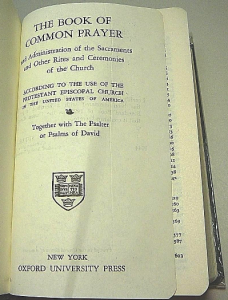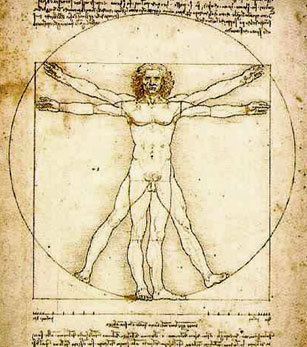 What does it mean to say “Jesus is Lord”? The question arises because of today’s dialog between Jesus and some of the Pharisees about the relative importance of the Commandments. Jesus responds to a lawyer’s question about the greatest commandment and then follows his response with a question about the lordship of the Messiah, the anticipated “Son of David.”
What does it mean to say “Jesus is Lord”? The question arises because of today’s dialog between Jesus and some of the Pharisees about the relative importance of the Commandments. Jesus responds to a lawyer’s question about the greatest commandment and then follows his response with a question about the lordship of the Messiah, the anticipated “Son of David.”
Jesus very rarely claimed this title for himself and when he did it was generally in the sort of oblique way we see in today’s exchange. He doesn’t come right out and say “I am the Lord,” but he hints at it. Usually, however, it is applied to him by others. In daily usage among First Century Jews, addressing someone as “Lord,” was probably meant as an honorific synonymous with “Rabbi,” “Teacher,” “Master,” and so forth, the way we might use “Doctor,” “Professor,” or address a judge as “Your Honor.”
 Lenten Journal, Day 36
Lenten Journal, Day 36 Christology is one of those odd words of the Christian tradition that one doesn’t hear much in church but which one hears a lot in academic circles. Christology is defined as “the field of study within Christian theology which is primarily concerned with the ontology and person of Jesus as recorded in the canonical Gospels and the epistles of the New Testament.”
Christology is one of those odd words of the Christian tradition that one doesn’t hear much in church but which one hears a lot in academic circles. Christology is defined as “the field of study within Christian theology which is primarily concerned with the ontology and person of Jesus as recorded in the canonical Gospels and the epistles of the New Testament.” Our gradual this morning asks a question of God about human existence:
Our gradual this morning asks a question of God about human existence:

